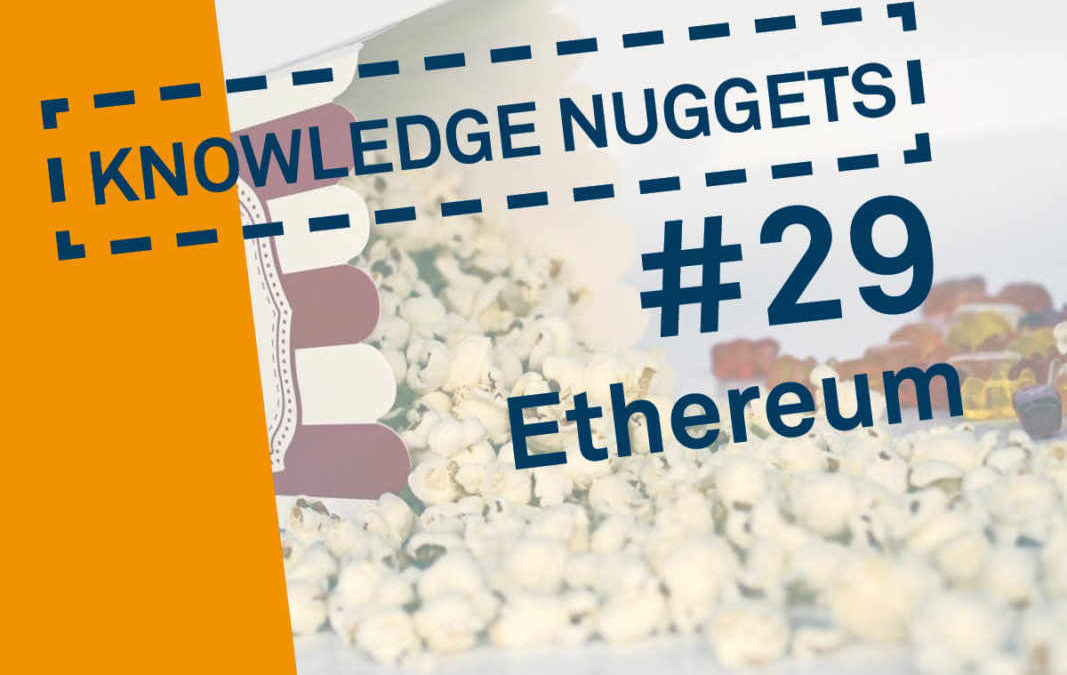Ethereum is a blockchain platform on which smart contracts can be executed. The cryptocurrency on this platform is Ether. All transactions on the platform incur fees, which are expressed in gas(-prices) and in the unit Gwei. Ethereum was developed back in 2015 and has been growing in popularity ever since. Currently, there is a very large developer community and Ether is continuously increasing in value.
Unlike Bitcoin, Ethereum is not a pure cryptocurrency, but a platform for smart contracts. In the Bitcoin blockchain, all transaction fees are calculated on a fixed basis, whereas on Ethereum, users have the freedom of choice and can set transaction fees themselves. However, the amount of fees has an impact on the transfer time. The higher the fees, the faster the transaction is executed. Transactions are executed much faster in Ether than it is the case with Bitcoin. In addition, the transaction costs are significantly lower. Thus, Ethereum or the digital currency Ether represent an alternative to BitCoin. More precisely, Ether is currently the largest cryptocurrency besides BitCoin. Translated with www.DeepL.com/Translator (free version)
Furthermore, Ethereum enables the development of own apps (dApps), which then run on a blockchain. For example, many projects such as Initial Coin Offerings, so-called token sales, find a home on Ethereum. This is a similar concept to an IPO but via crowdfunding. Companies with business models based on cryptocurrencies are looking for investors, i.e. funding for future projects.
To become active on the Ethereum platform, users need an Ethereum account and a wallet application. This allows smart contracts and Apps to be created, managed, executed and offered via a dedicated blockchain.
